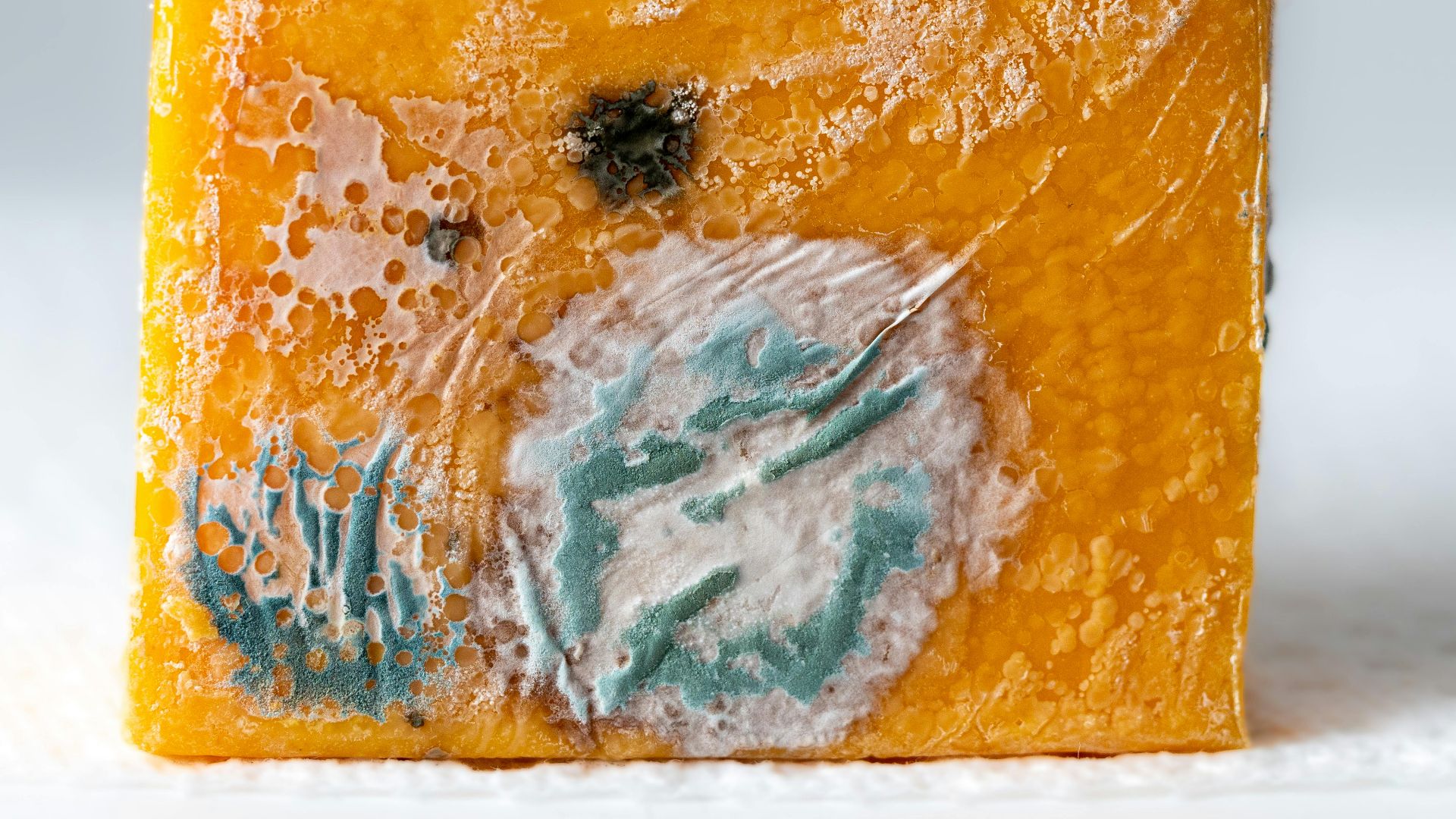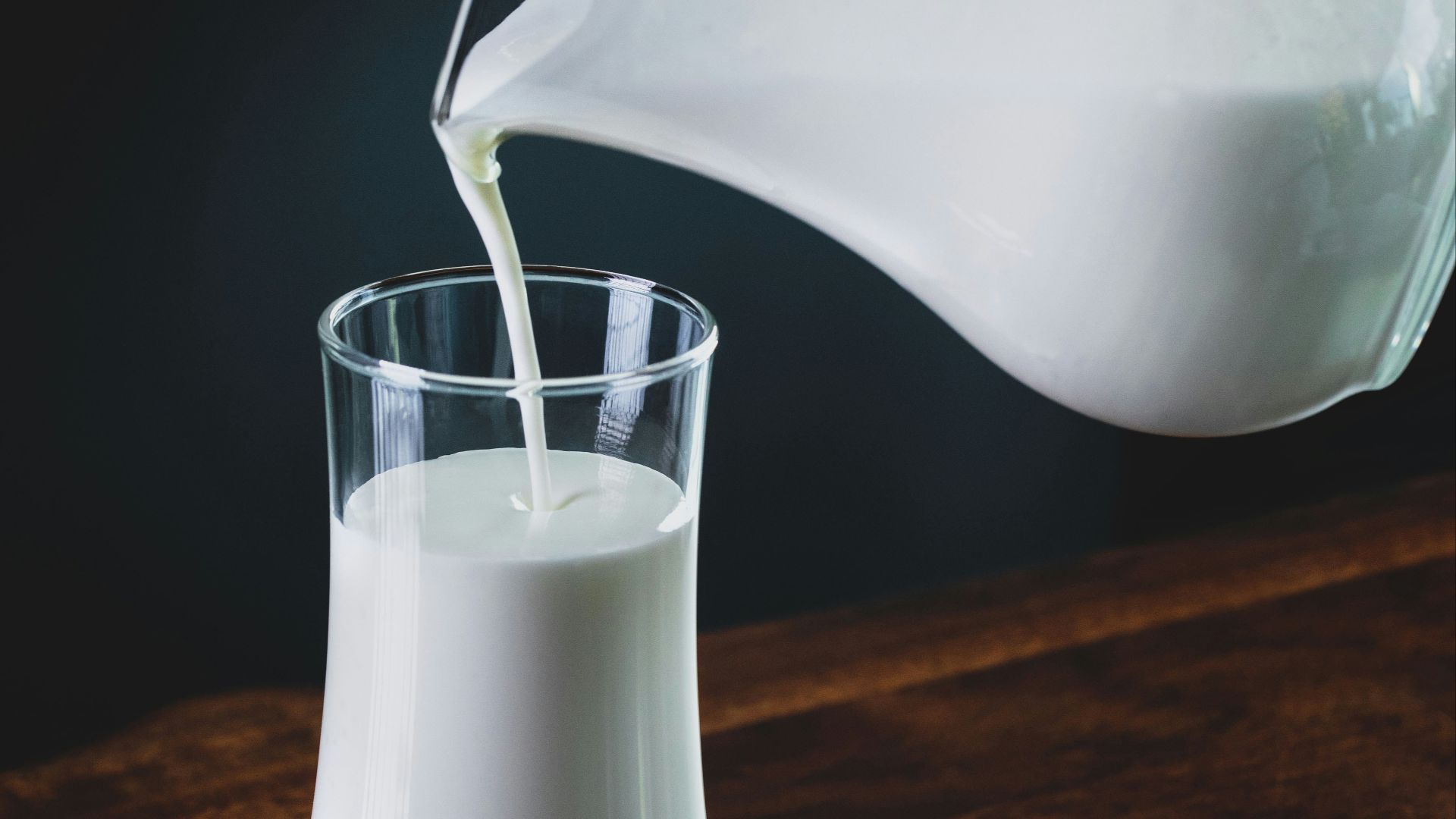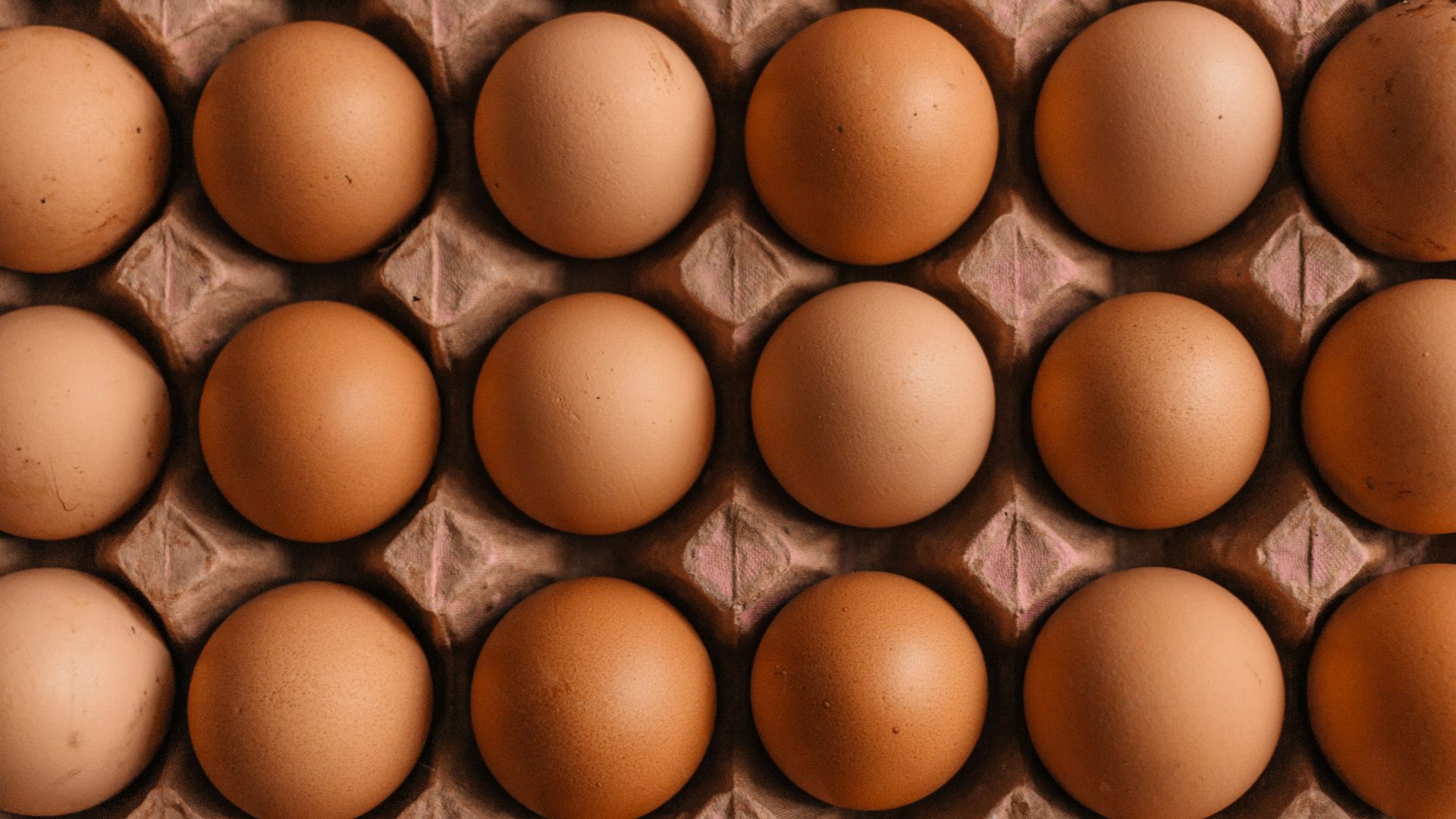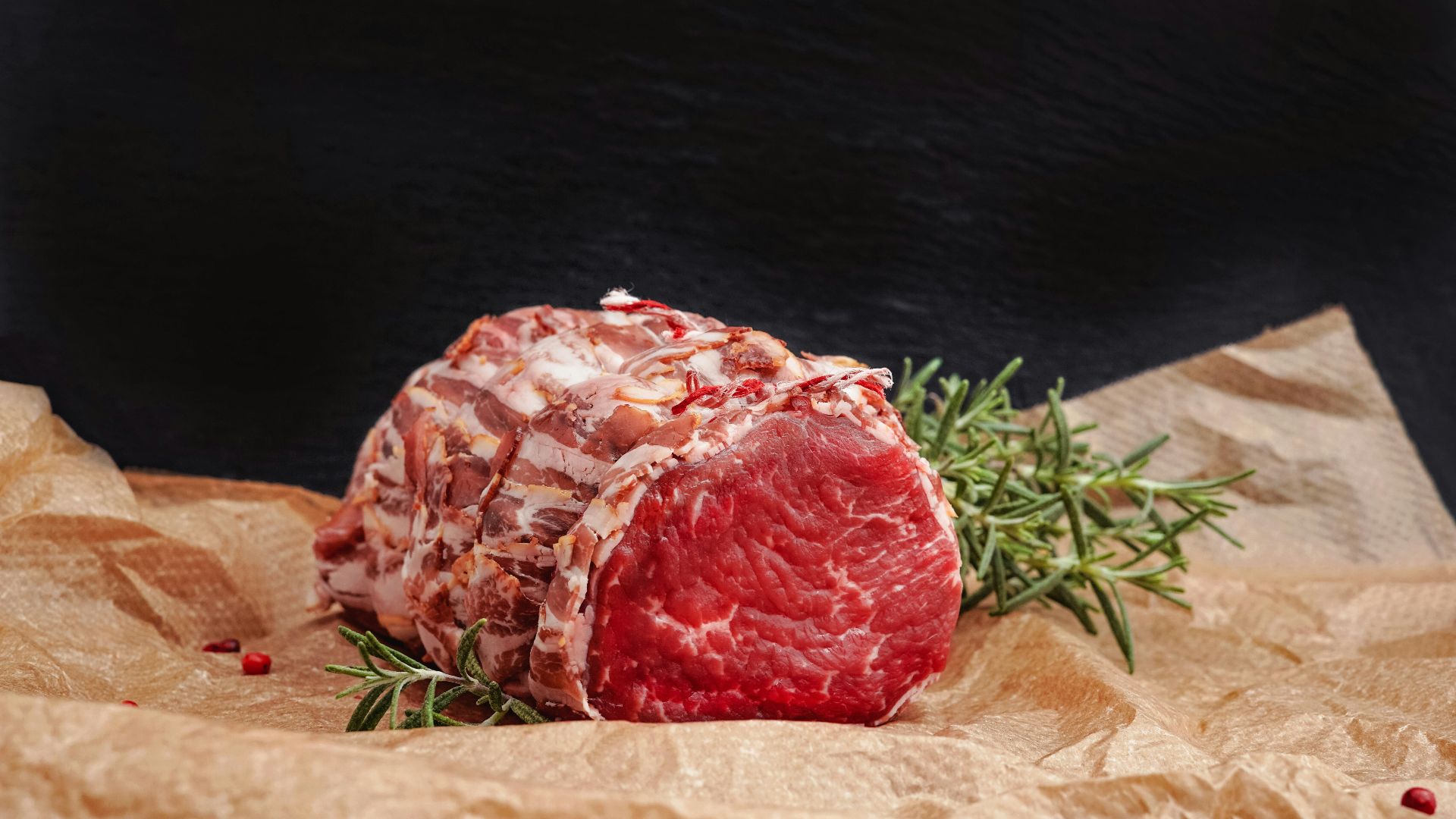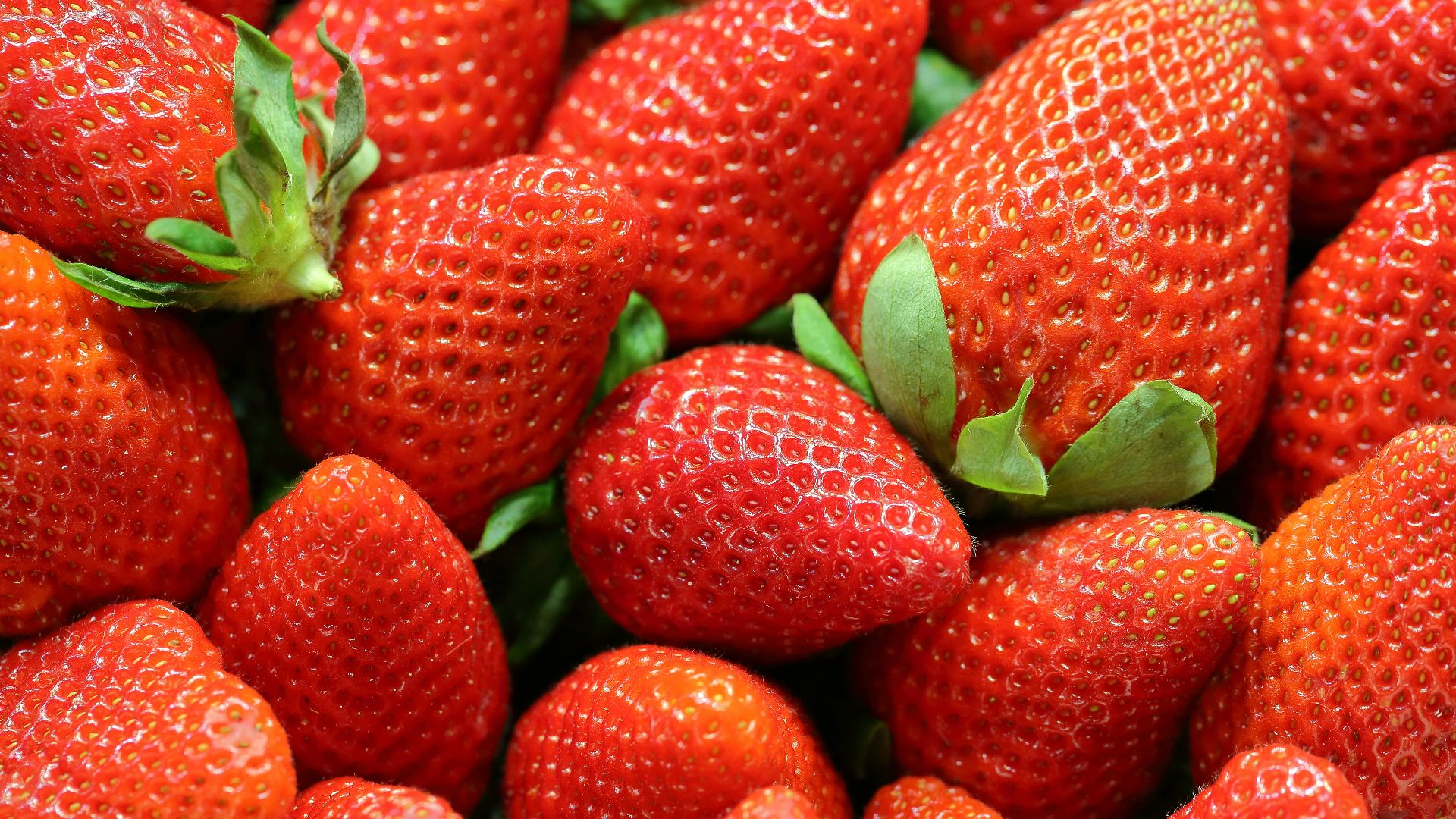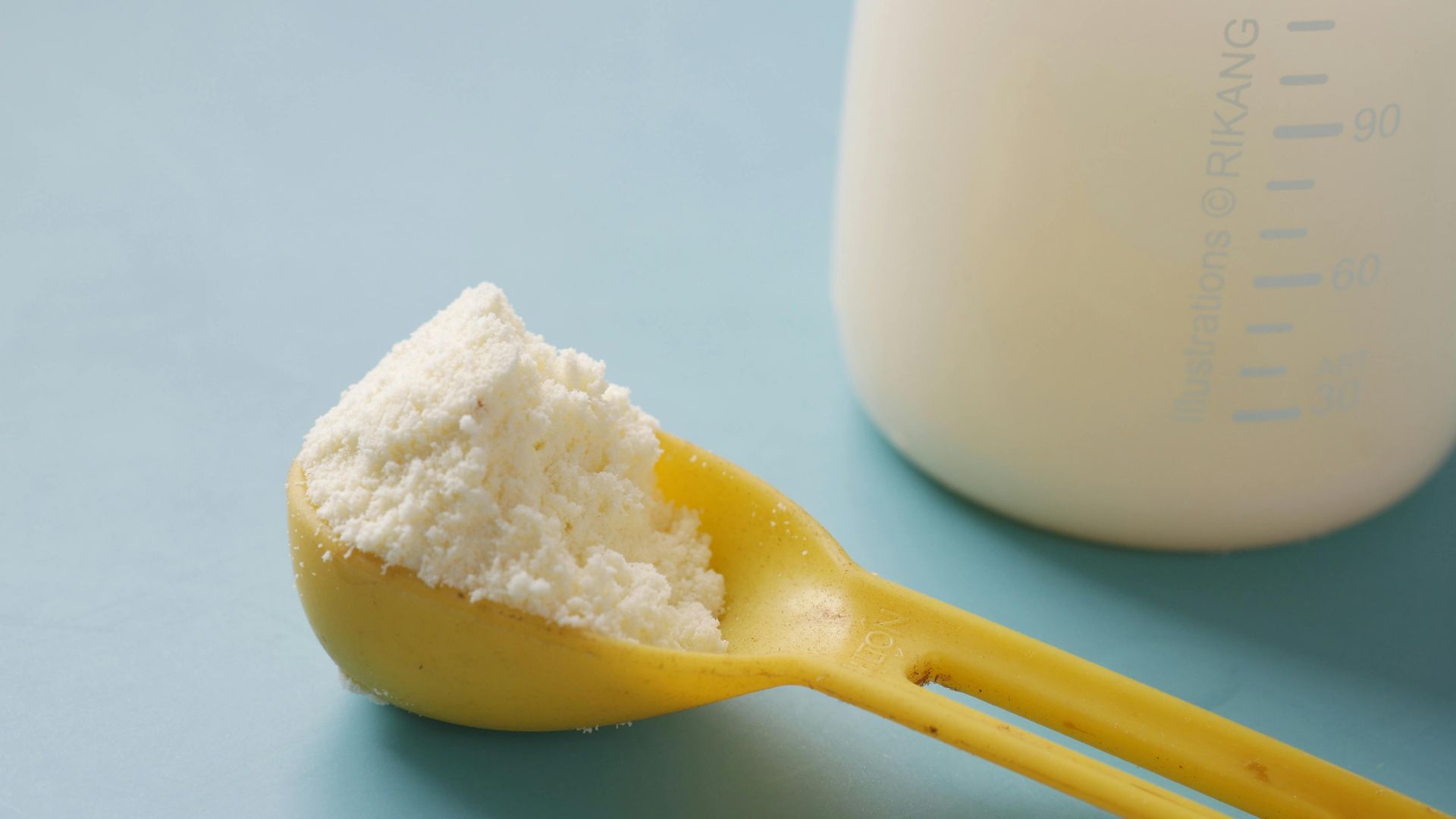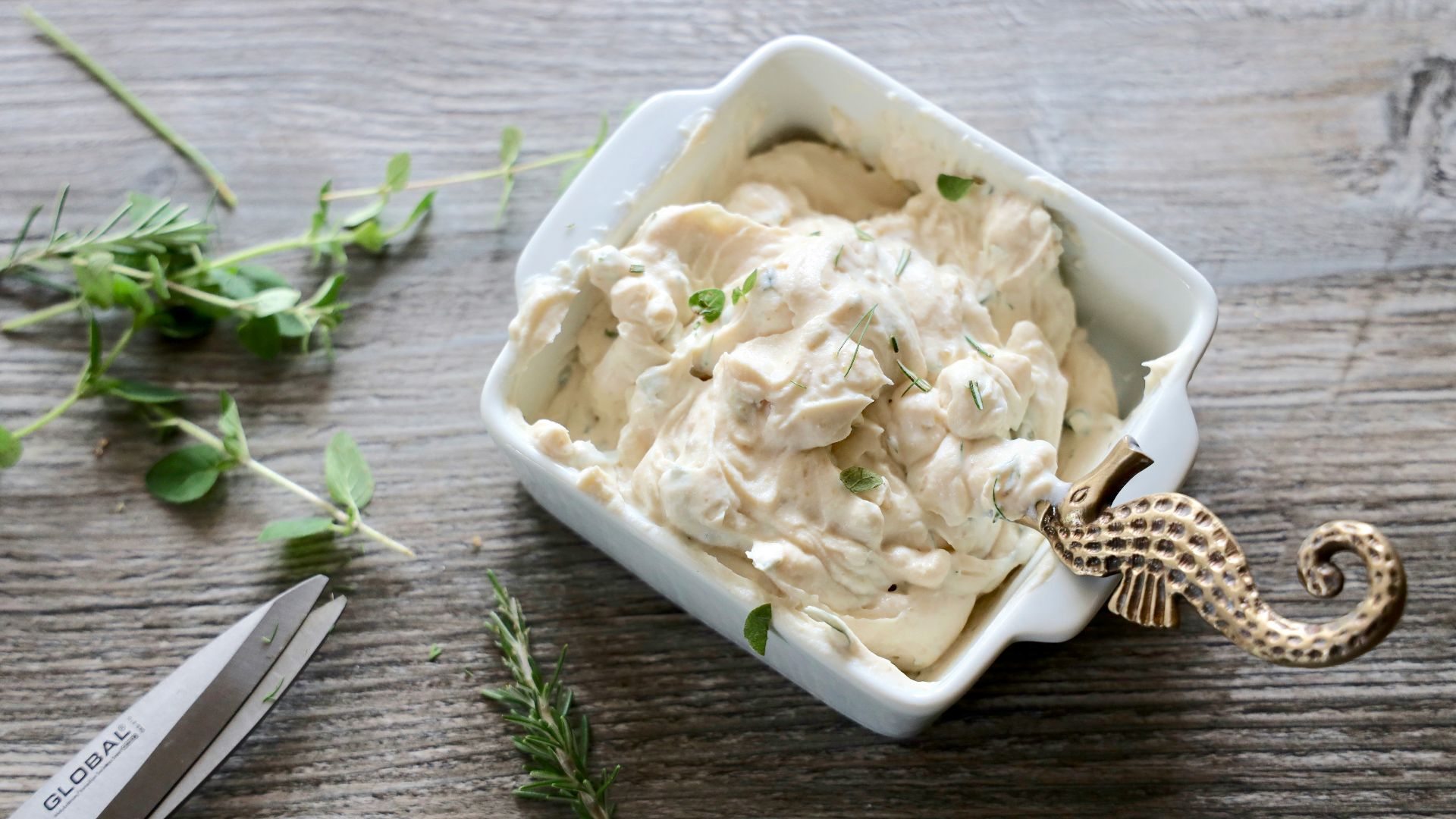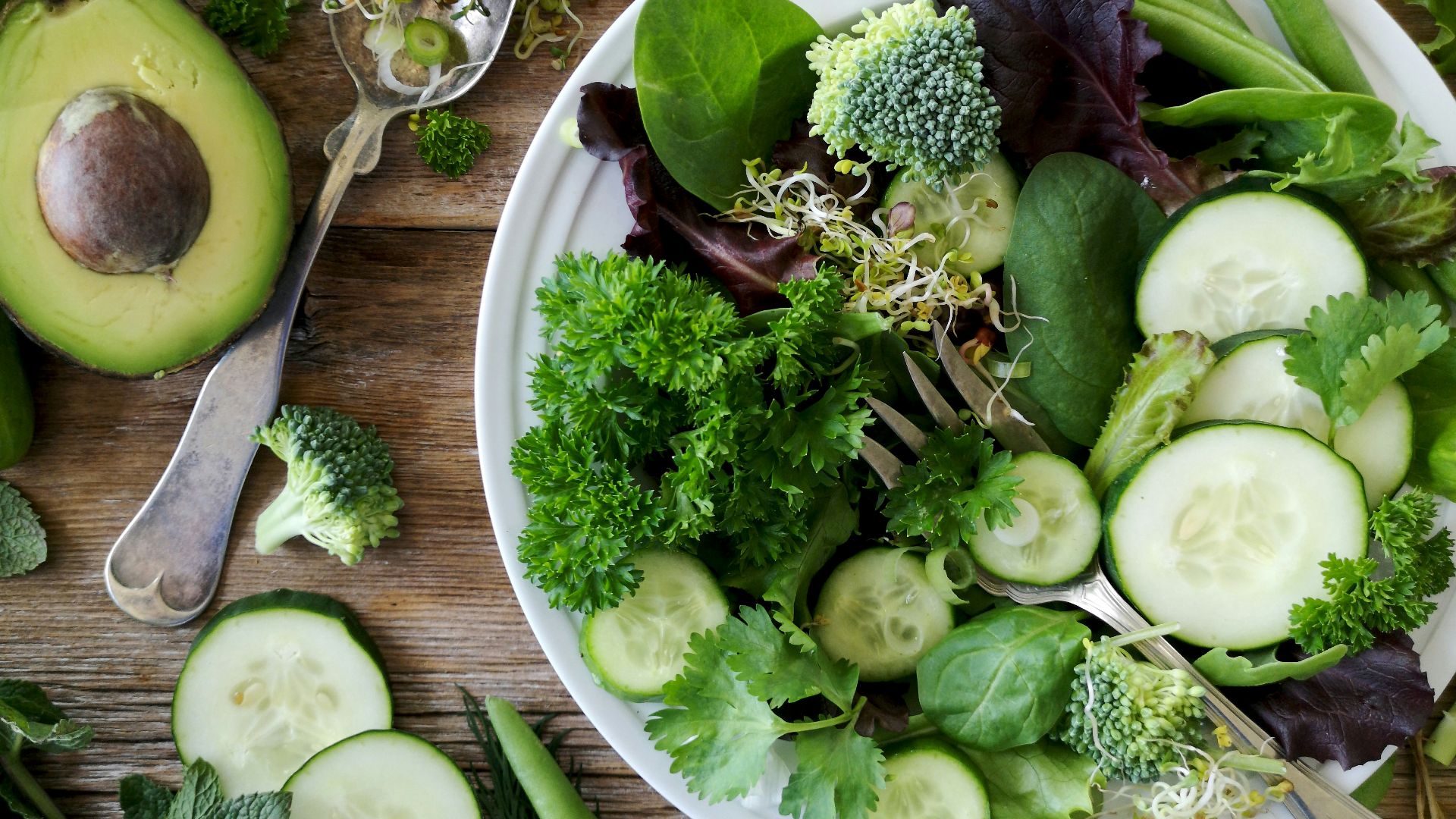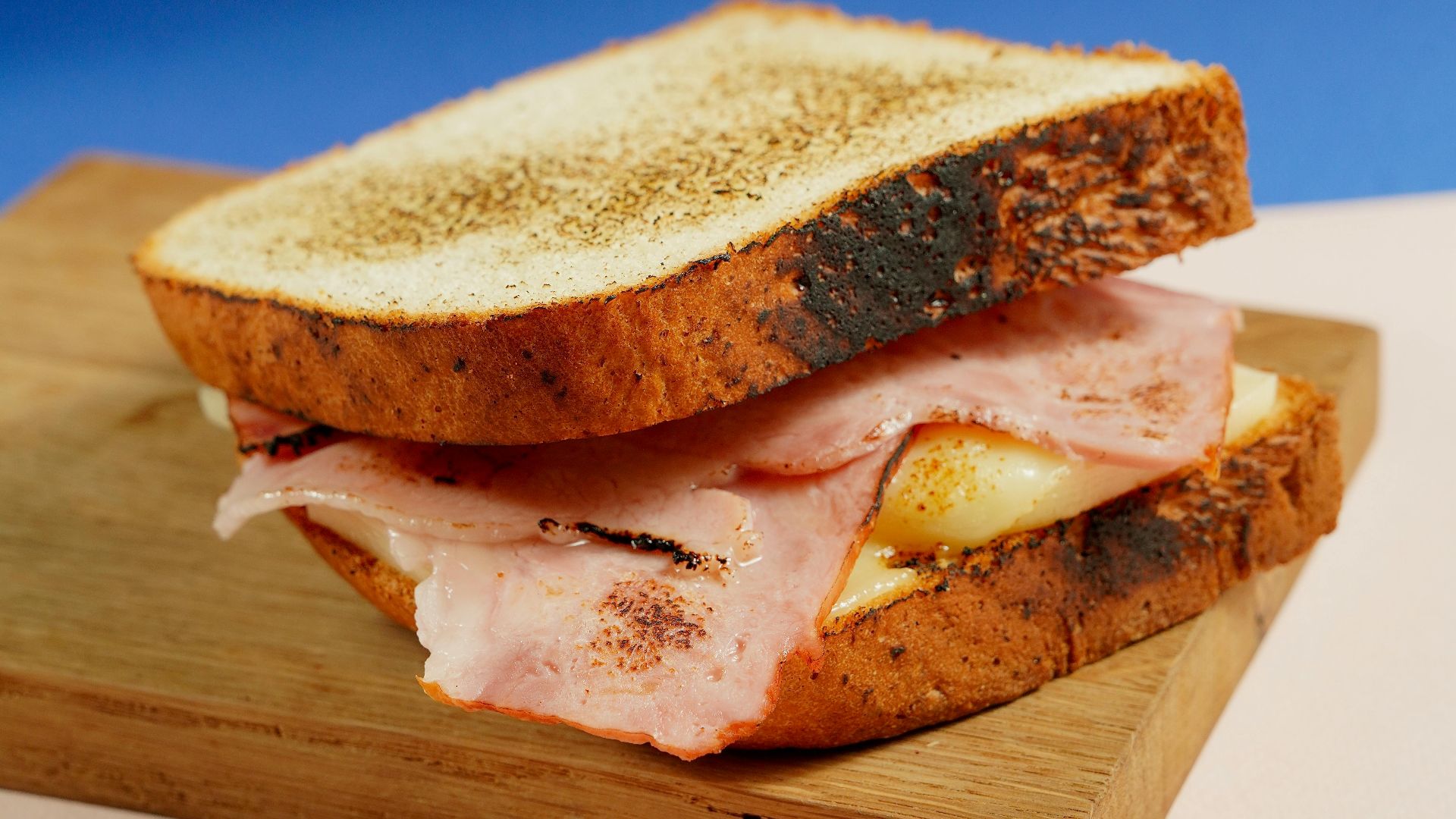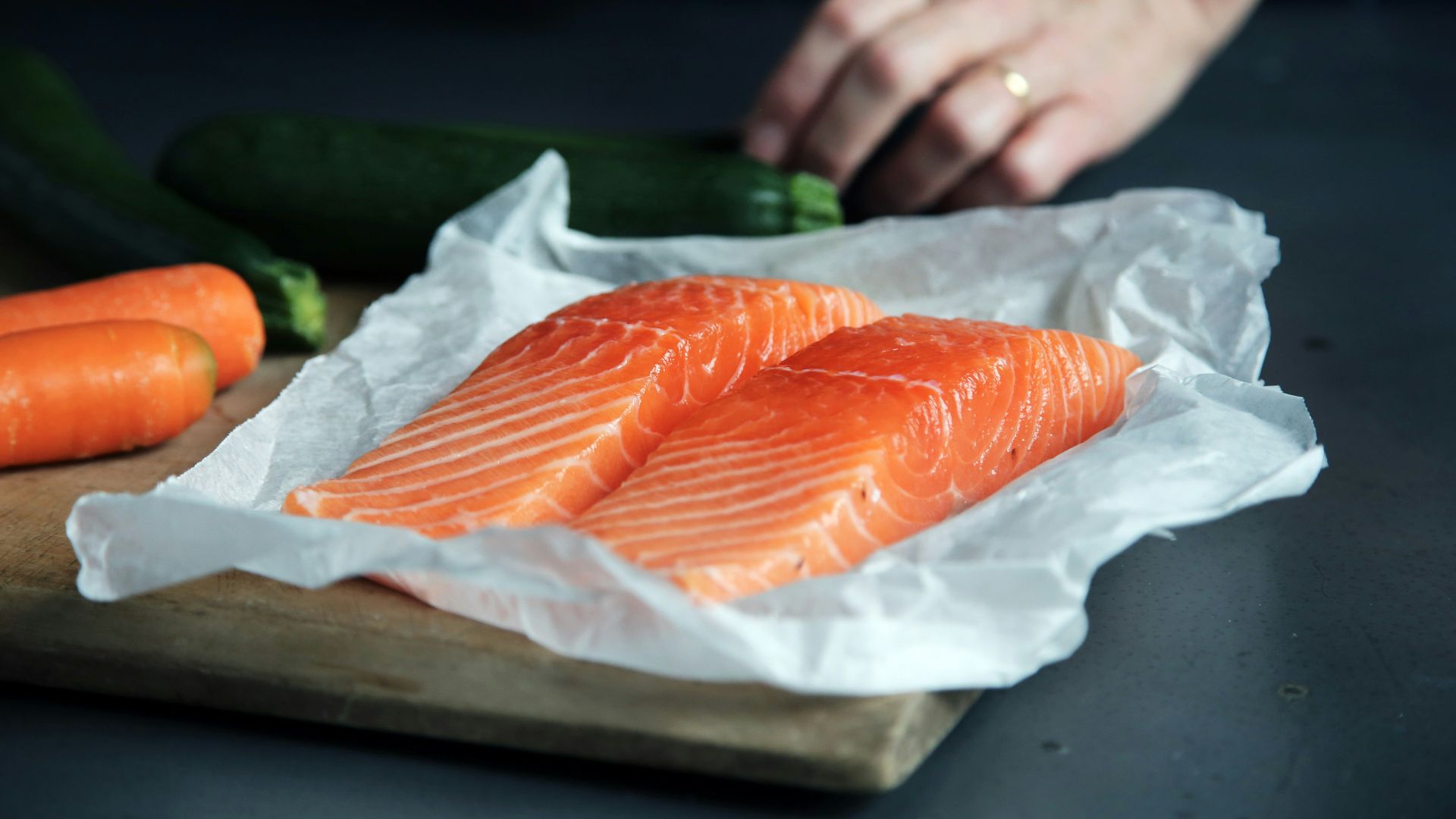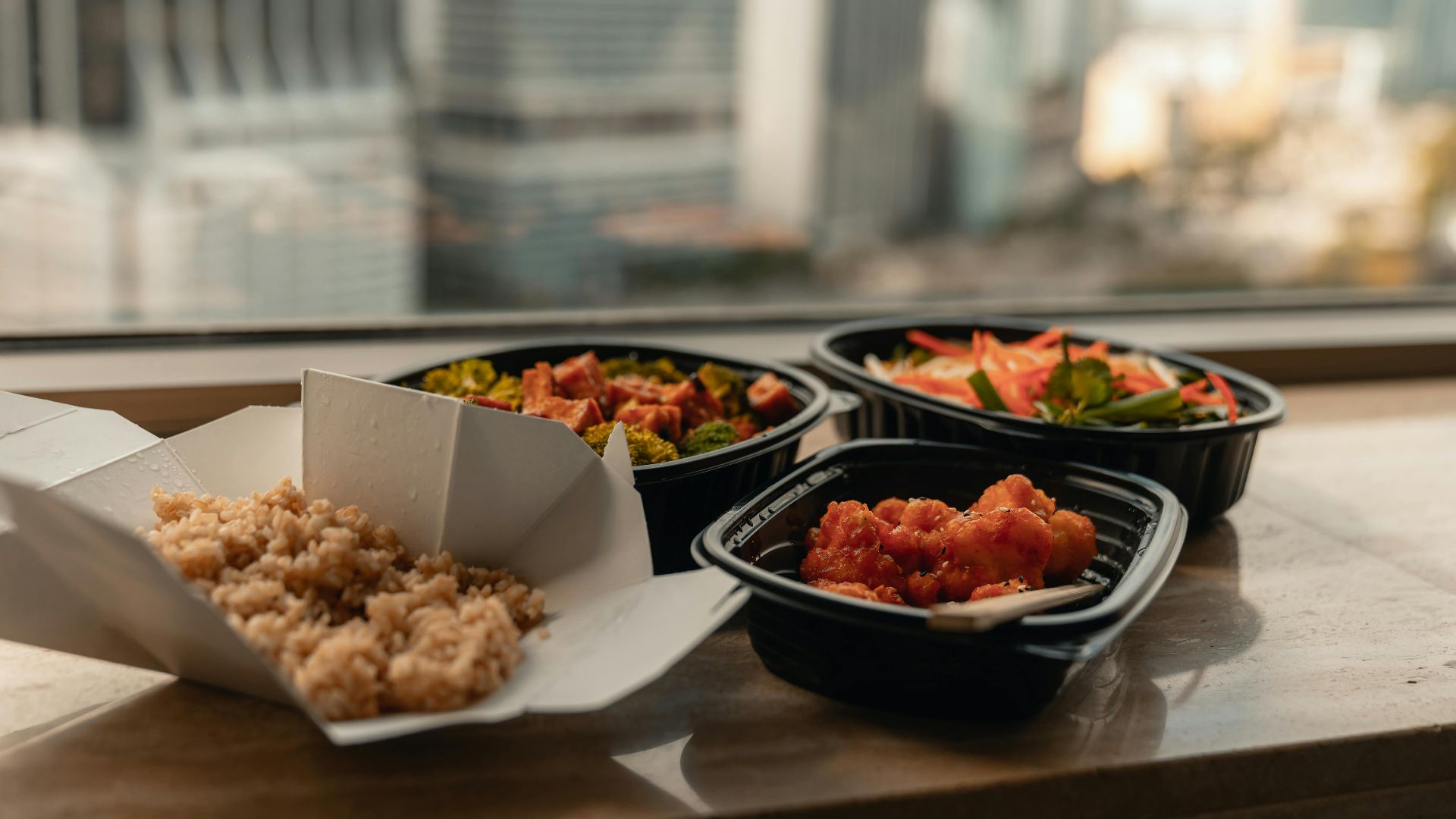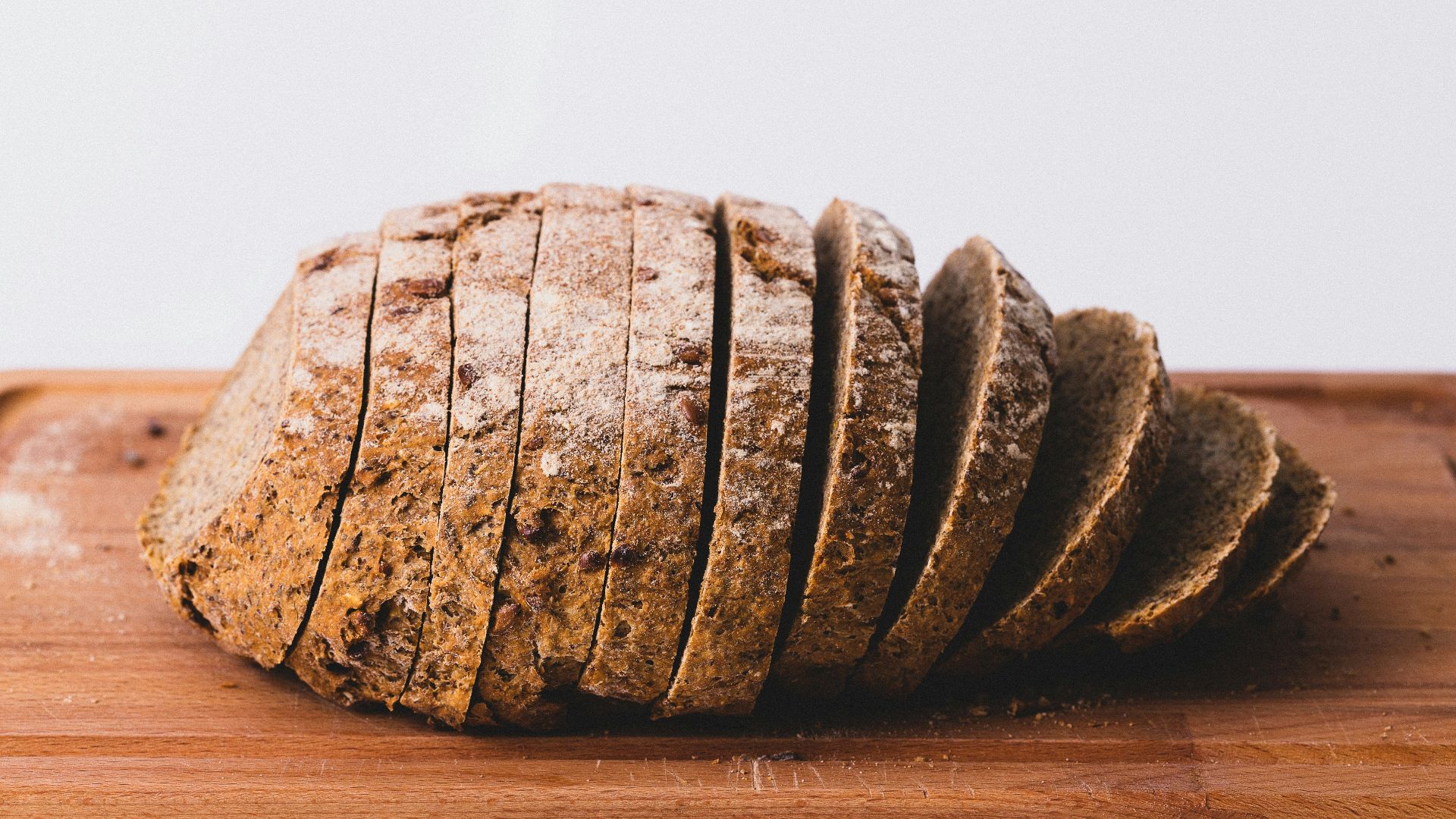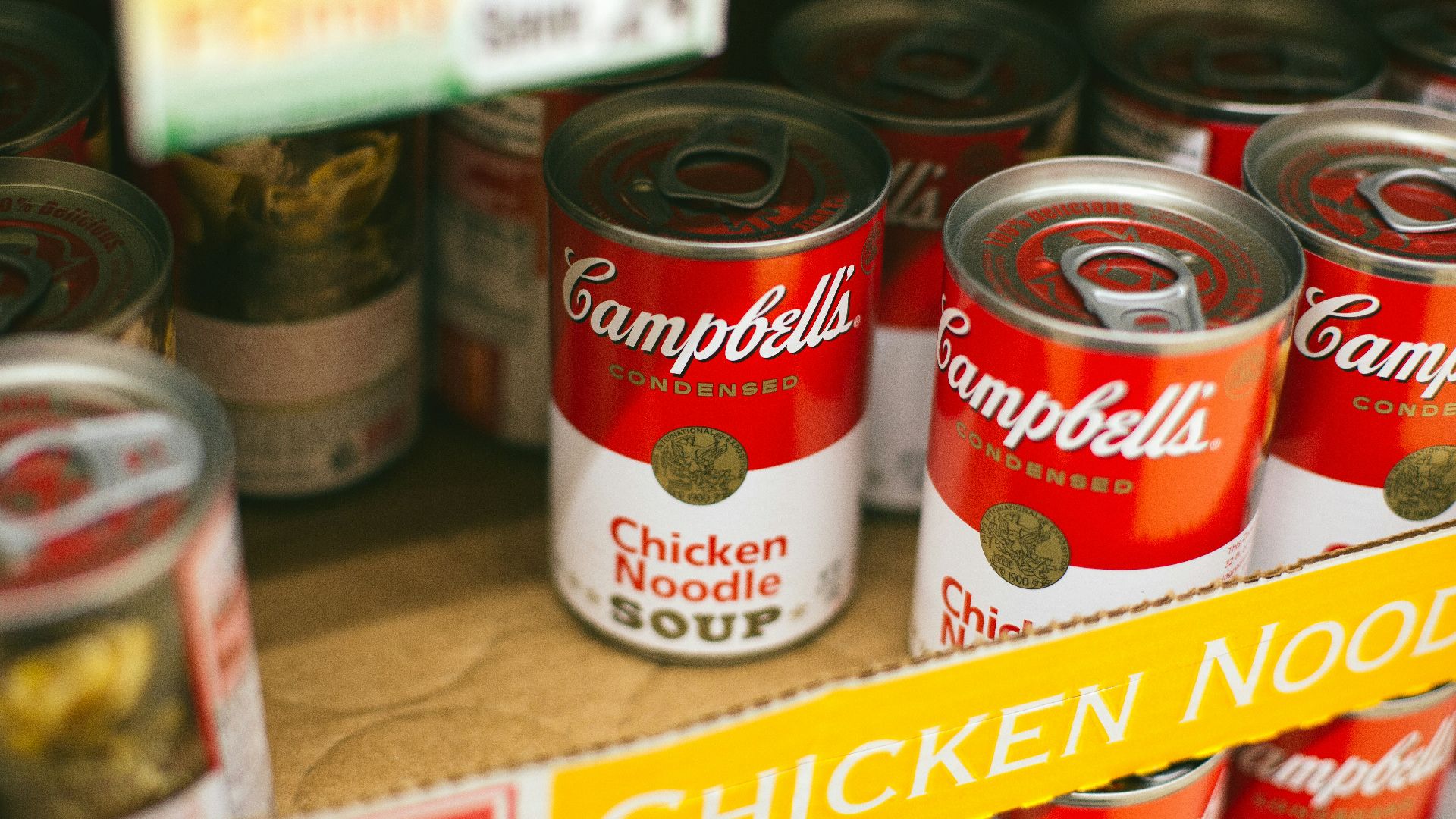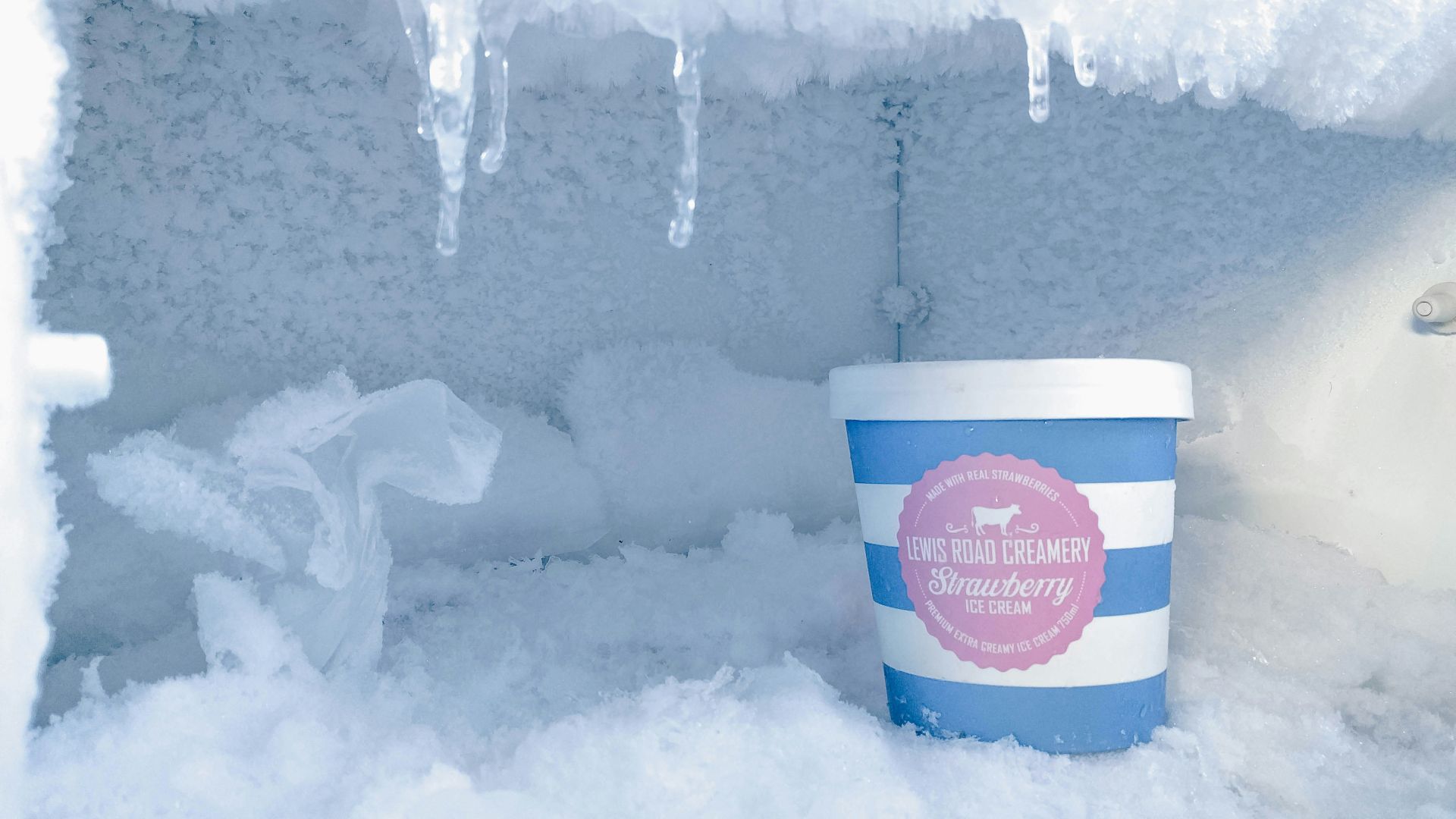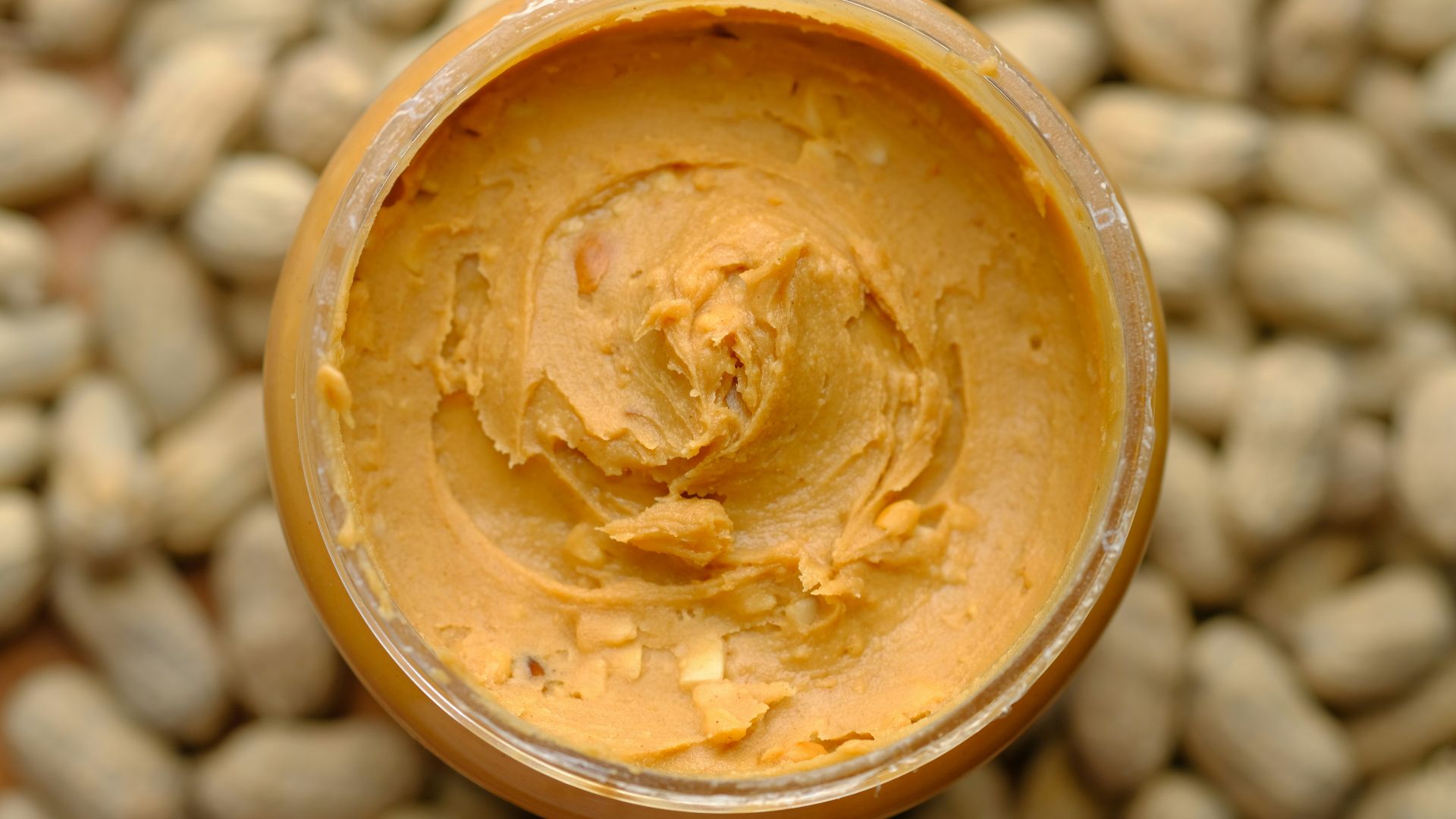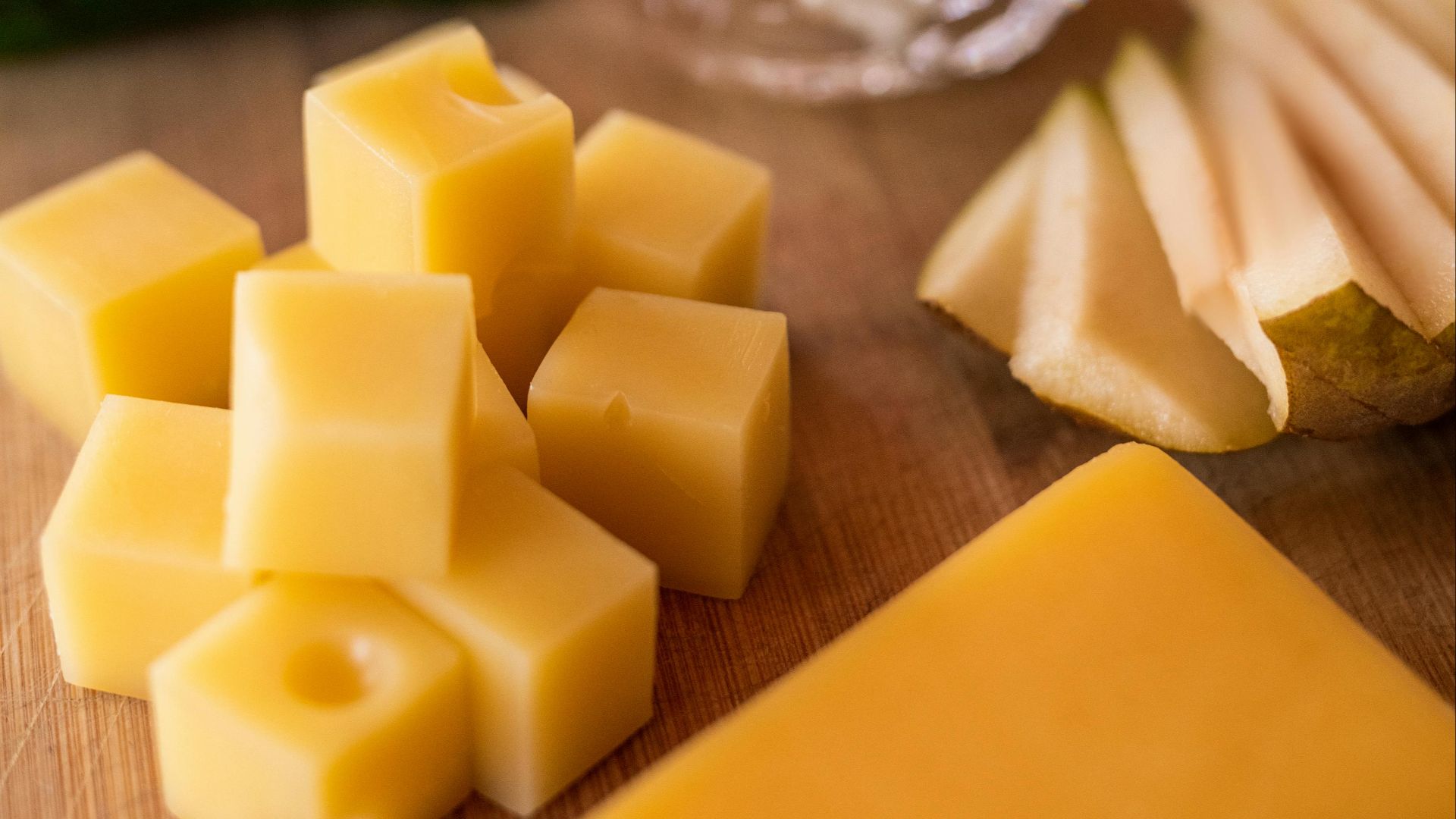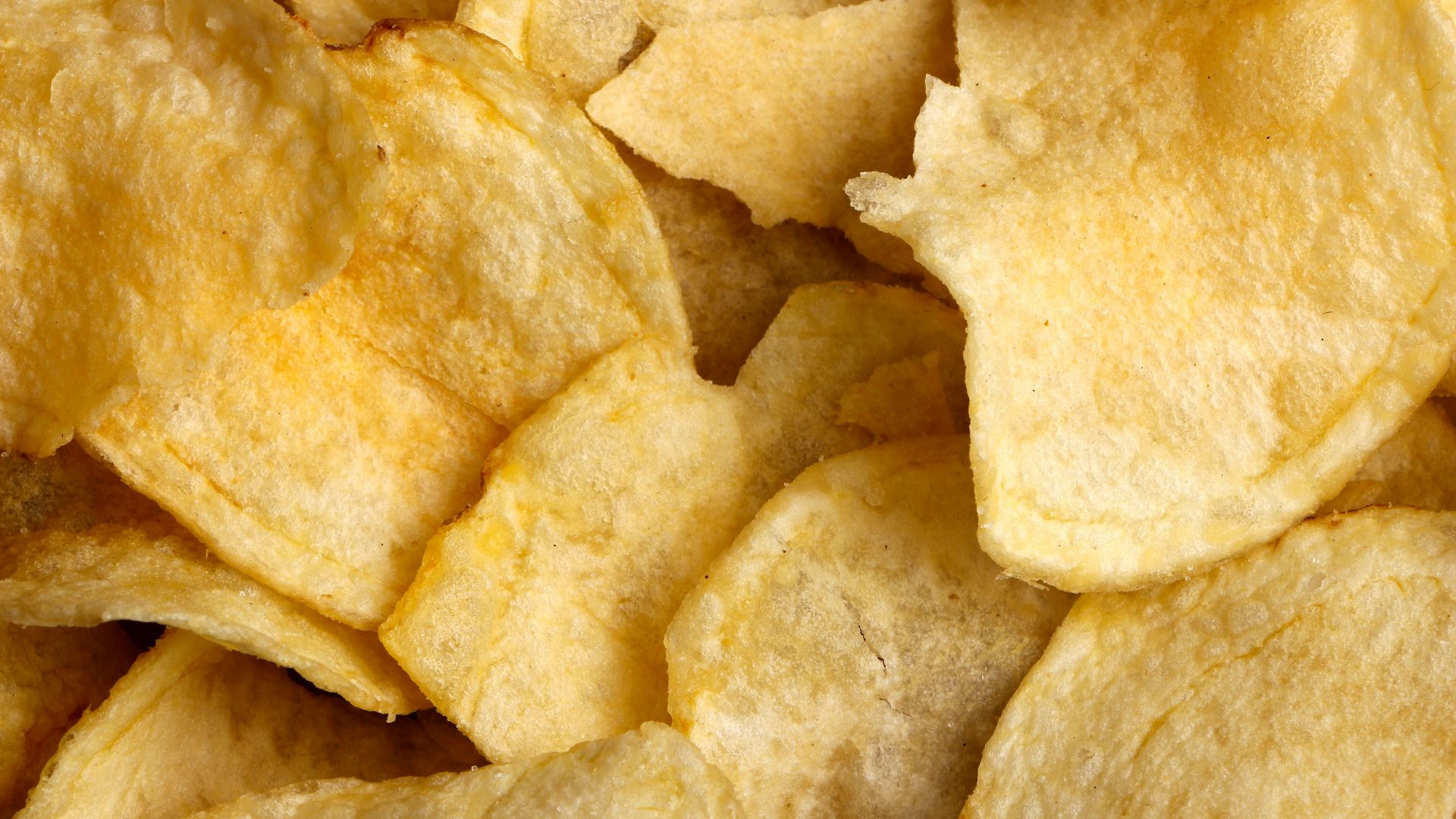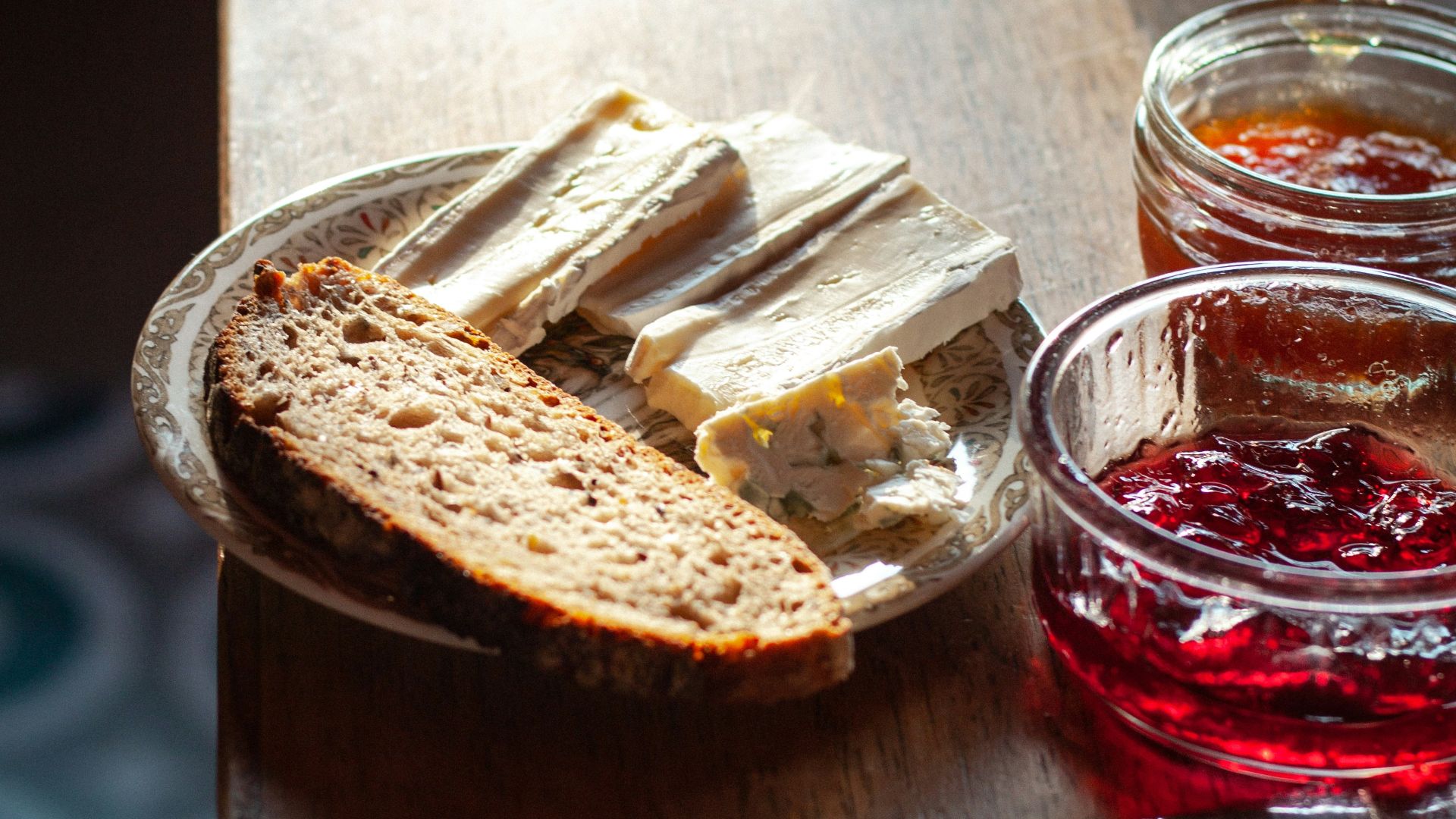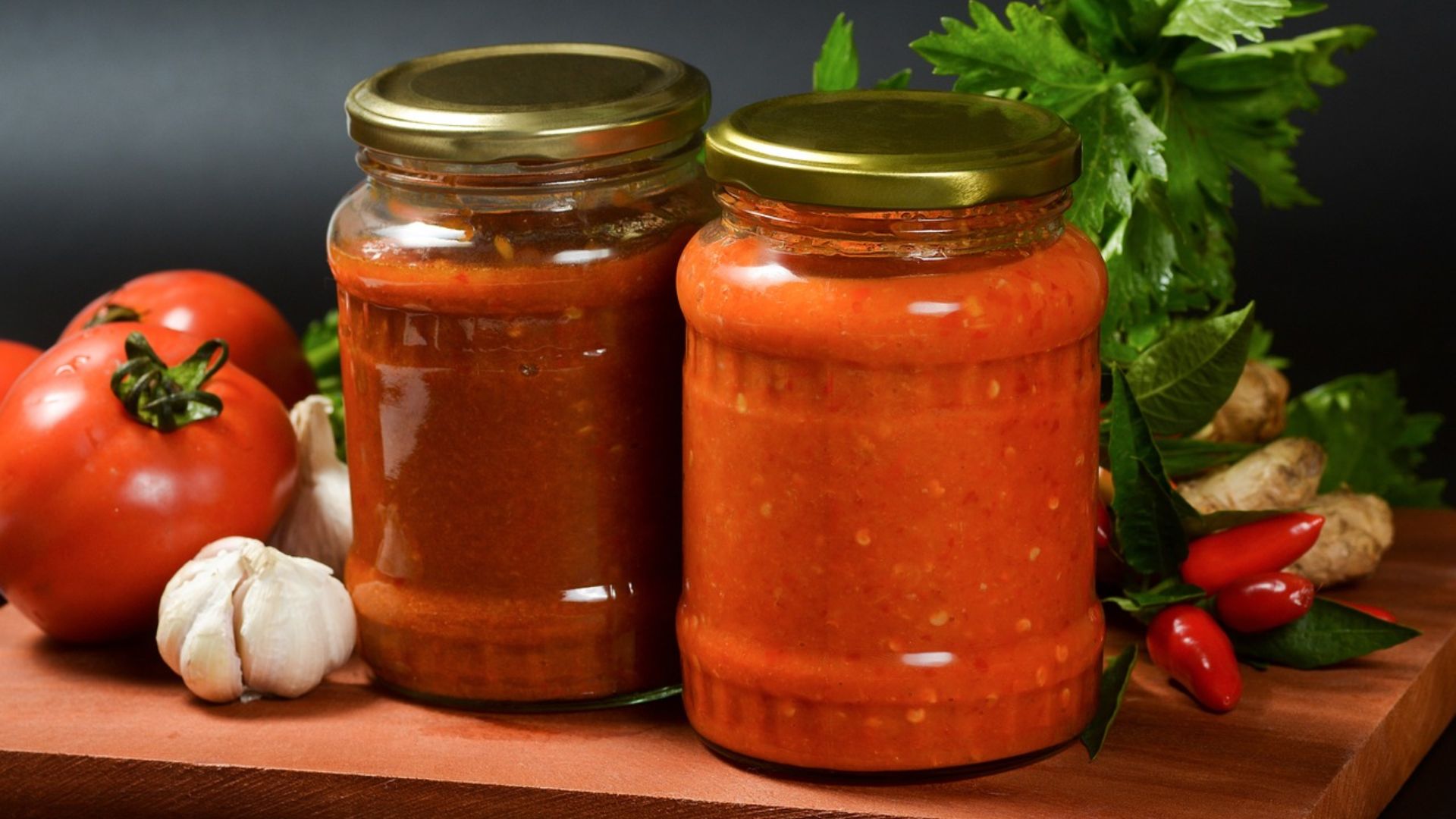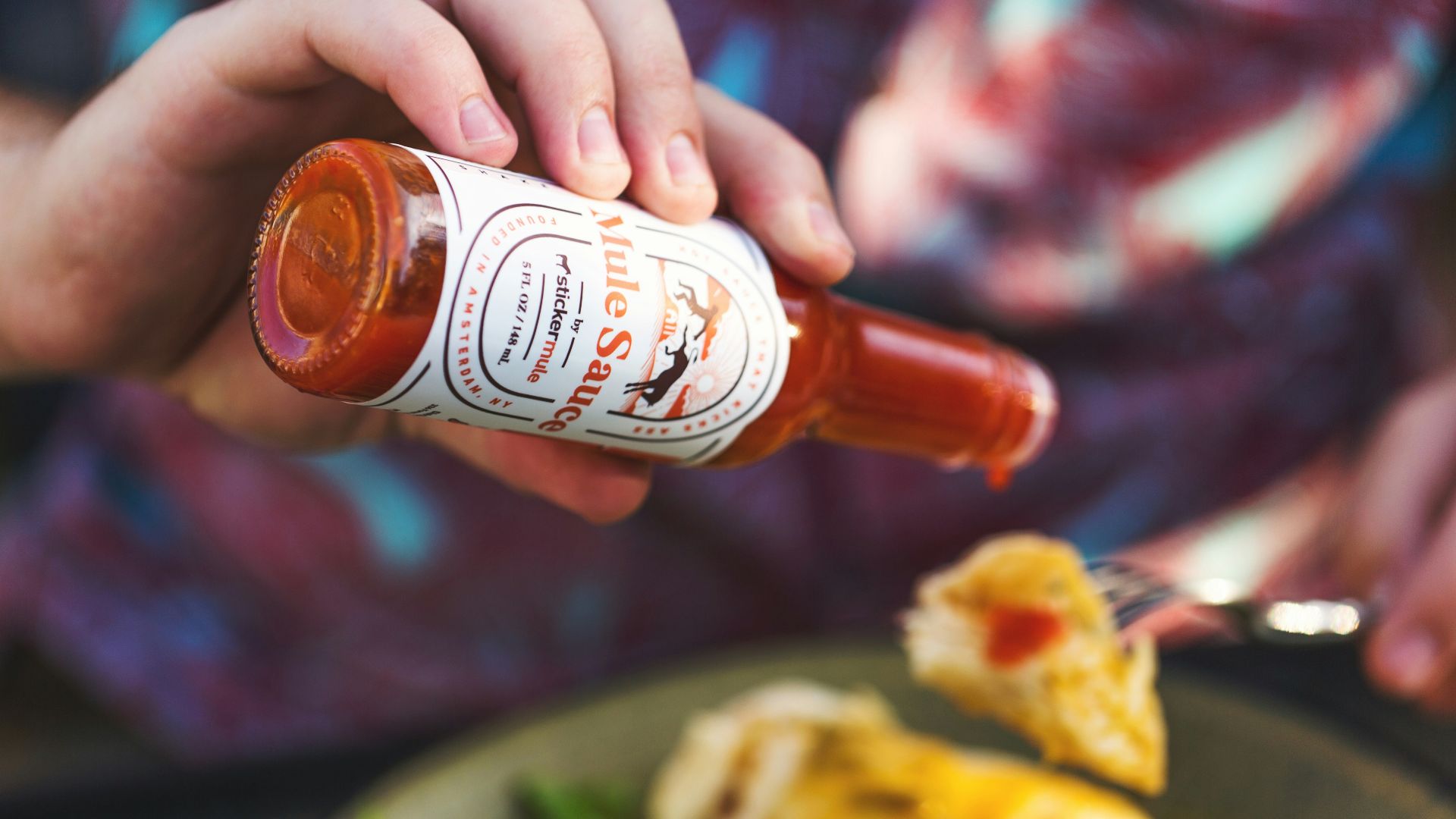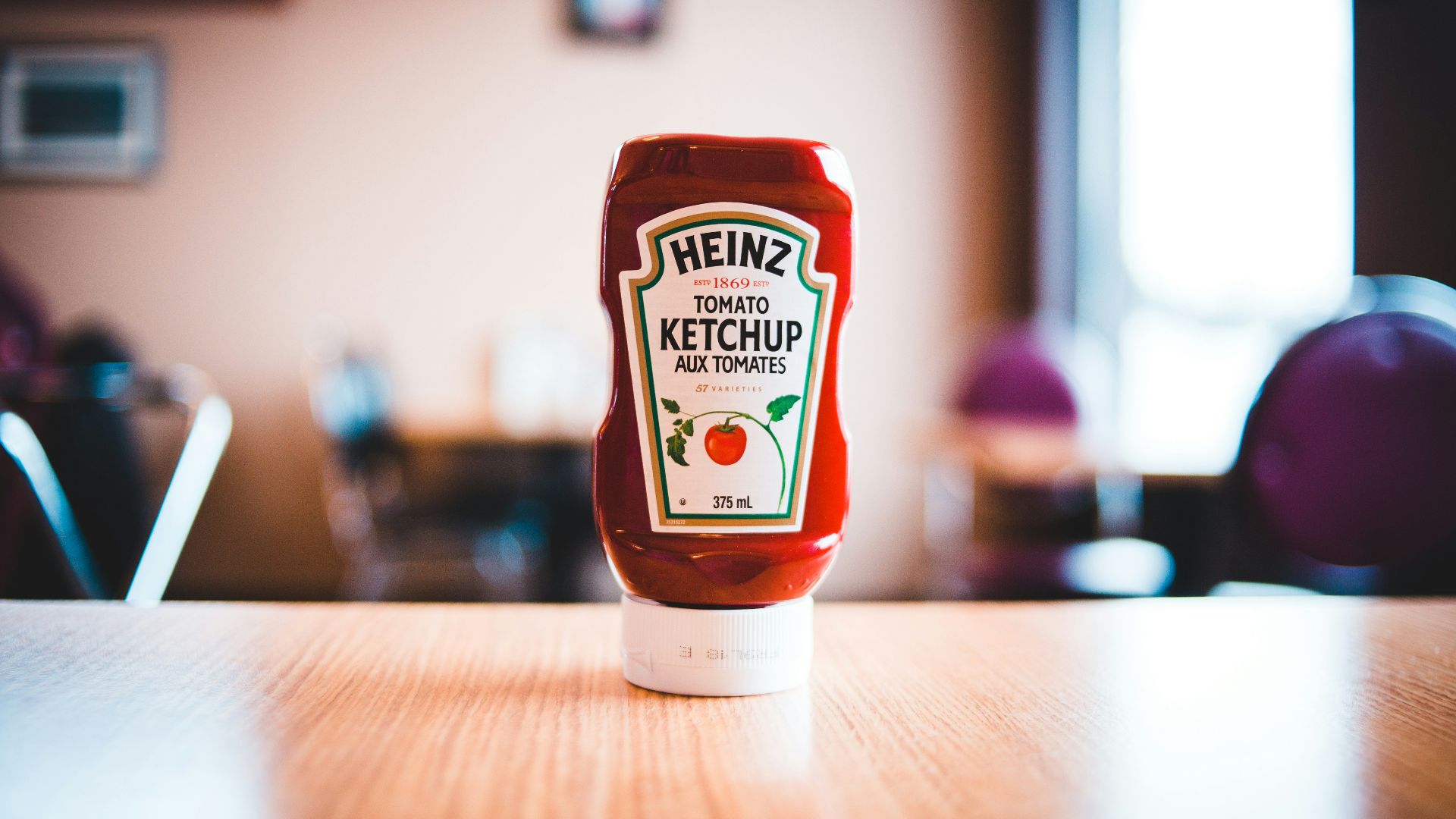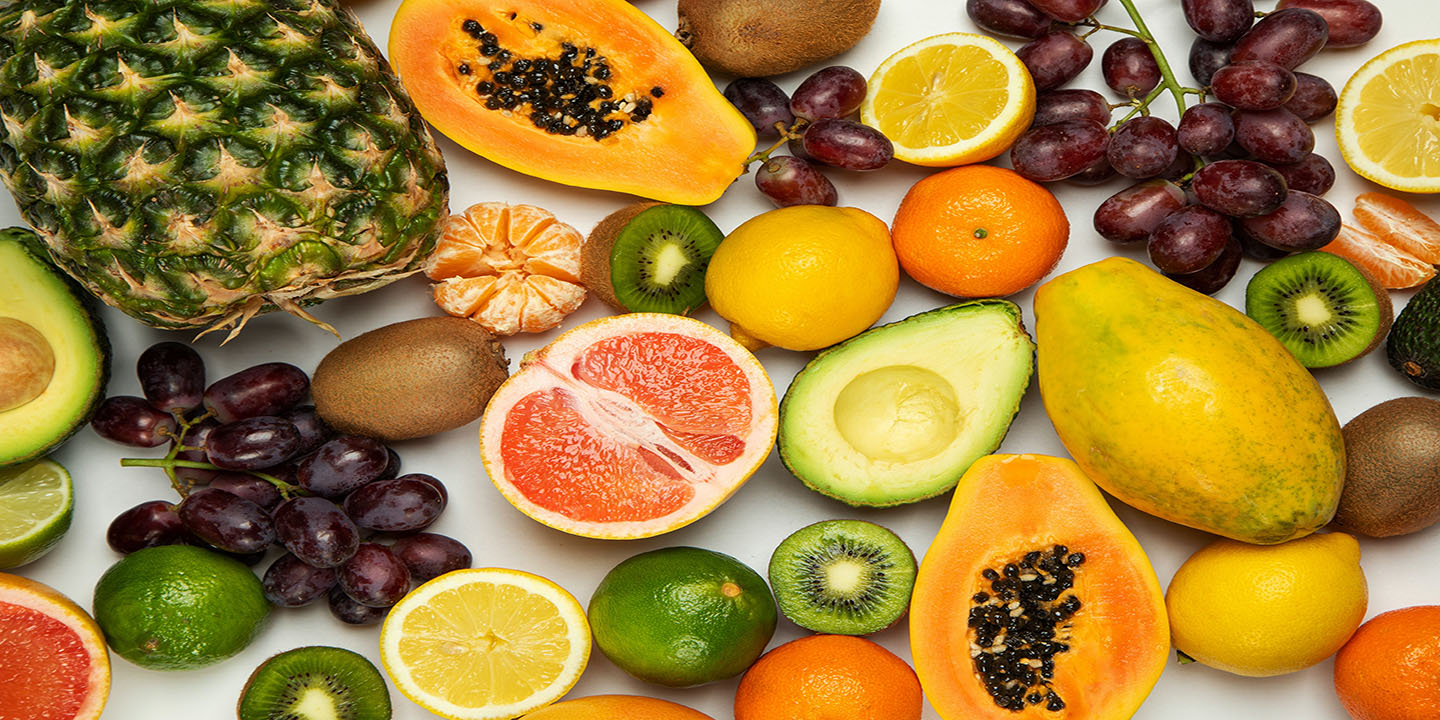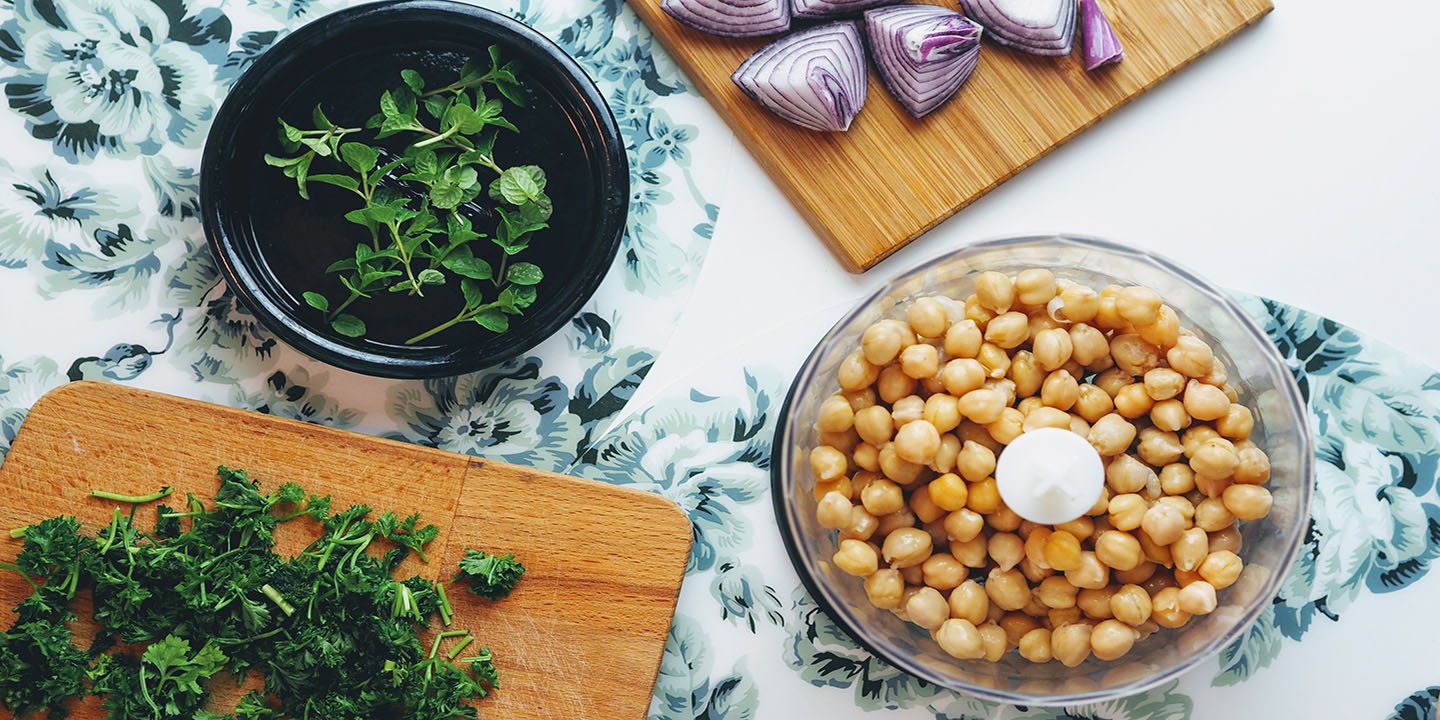Eat or Toss?
If you're particularly paranoid about eating food that's gone bad, you've likely thrown out things once they've hit the date marked on the package. But believe it or not, there's a reason why some things are labeled differently, such as "best before" or "use by." Before you go tossing out every item that's exceeded its marked shelf life—or, conversely, popping it into your mouth without a care—you should know which foods you should never touch past the expiry date, and which ones are still safe.
1. Milk
Unless you've left that milk carton in your fridge unopened, you'll probably want to toss it out once it's past its expiration date. A good rule of thumb to keep in mind: the higher the fat content, the quicker it will spoil. Give your milk a good sniff before pouring it into your bowl of cereal; if it has a curdled consistency or emits a sour scent, throw it out.
2. Eggs
While eggs can generally be safe to consume a few days past their best-before date, this still depends on whether you've stored them correctly. Toss out any eggs that have cracked, and, to test for spoilage, conduct a float test. If the egg sinks, it's still good to eat; if it floats, throw it out.
3. Meat
You might feel that cooking meat safely kills the growth of bacteria, meaning it's still good to eat past its use-by date, but not so fast. Sure, you can usually tell if protein has gone bad by checking for signs like discoloration or a sour odor, but other times, it might not be so obvious. It's best to consume meat while it's still fresh.
4. Strawberries
As strawberries are porous fruits, they absorb moisture from the air fairly easily. Coupled with their naturally high water content and sugar levels, it's the perfect playground for mold to grow. If you see your berries with a fuzzy coat, toss them out.
5. Baby Formula
The problem with infant formula that's passed its expiration date isn't that it could pose a health risk due to spoilage, but that it could contribute to nutrient deficiencies. After all, the nutrients listed on the label last only as long as their use-by date, and will to start to decrease afterwards.
6. Soft Cheeses
If you spot specks of mold on your soft cheeses, like ricotta, cream cheese, or cottage cheese, you might be tempted to just snip off the bad and consume the rest. But the spoilage may extend further than your naked eye can see, so you should toss these cheeses in the bin as soon as you see any signs of contamination.
7. Salad
Leafy greens might look like they're still fresh and ready to eat past their best-before date, but be careful—you could contract food poisoning if you eat them when they're already expired. Some varieties, like kale and spinach, will have a bitter taste when they're spoiled, and others, like lettuce, will turn slimy.
8. Deli Meat
Unless your deli meat is prepackaged and sealed in an airtight container, you probably don't want to be eating your turkey slices past the five-day mark. Any food item that's high in moisture but low in salt will spoil quickly, and deli meats are no exception.
9. Raw Fish
Once you take home raw fish, you'll need to choose whether to store it in the fridge or freezer. Stick it in the cooler if you're not planning to consume it right away, and in the fridge if you'll eat it within two days. If your seafood becomes soft and mushy or emits an extremely fishy or sour smell, it's probably gone bad.
10. Leftovers & Takeout
Your home-cooked leftovers and restaurant takeout food aren't meant to last forever, so don't treat them as such. In fact, bacteria can begin to grow and multiply the longer you leave leftovers sitting at room temperature, and putting them in the fridge doesn't mean you're out of the woods yet. It's best to consume these within two to three days, and toss them out as soon as they smell off or have been sitting in your fridge for a week.
But that doesn't mean all foods have such strict rules; some can still be safely consumed past their use-by date. Let's explore 10.
1. Bread
As long as you're storing your loaves correctly (on your countertop), bread will usually stay fresh even past its best-before date. As long as there are no signs of visible spoilage, it's generally still safe to eat. But if you want to extend the shelf life, toss it in the fridge.
2. Canned Goods
Canned goods and other non-perishable foods, like dried fruits and nuts, can typically last a long while without spoiling. But while they're practically safe indefinitely, you'll still want to watch out for signs of swelling in canned items, which indicate a build-up of gas due to bacterial growth.
3. Frozen Foods
Ice-cold temperatures halt the growth and multiplication of bacteria, which is why prepackaged frozen goods are typically safe to eat past their expiration date. Even then, they may get freezer-burned if stored for too long, which will severely impact their taste and texture.
4. Peanut Butter
Thanks to added preservatives, unopened store-bought peanut butter can last fairly long—from six months to two years—even past its best-before date. Once opened, though, their shelf life typically lasts two to three months, though you can always place it in the fridge to extend it longer.
5. Hard Cheeses
While soft cheeses have more moisture, meaning it's easier for mold to penetrate and grow, hard cheeses are not as susceptible to spoilage. In fact, if you see any signs or spots of discoloration, you can cut them off before consuming.
6. Processed or Prepackaged Food
Cookies, chips, rice, pasta, cereal, crackers, and any other processed or prepackaged foods will typically still stay safe to consume even past their expiration dates. However, as soon as they start tasting off or stale, it's time to toss them out.
7. Jams & Jellies
Like peanut butter, jams and jellies last fairly long, especially if left unopened and stored in the pantry. After opening, you can extend their shelf life even more by placing it in the fridge, or finish consuming within three months.
8. Marinara Sauce
Because of the acidity in marinara sauce, these jars stay good to go for fairly long—up to a year when left unopened. But after you've broken the seal, make sure to finish using it within a few days. You might also want to give it a taste test to ensure it hasn't gone bad.
9. Hot Sauce
Thanks to the ingredients in hot sauce, like salt, vinegar, and capsaicin, this condiment isn't as susceptible to spoiling as others. In fact, it can last several years in your pantry when left unopened. But once opened and placed in the fridge, it can keep fresh for one to two years—that is, if you don't finish it before then.
10. Ketchup
Like hot sauce, ketchup is another condiment that's practically immortal, thanks to its high acidic content. Again, if left in your pantry at room temperature unopened, it can keep for around two years. But once opened, place it in the fridge and make sure to consume it within six months.
KEEP ON READING

The Most Popular Signature Dishes Around the World



